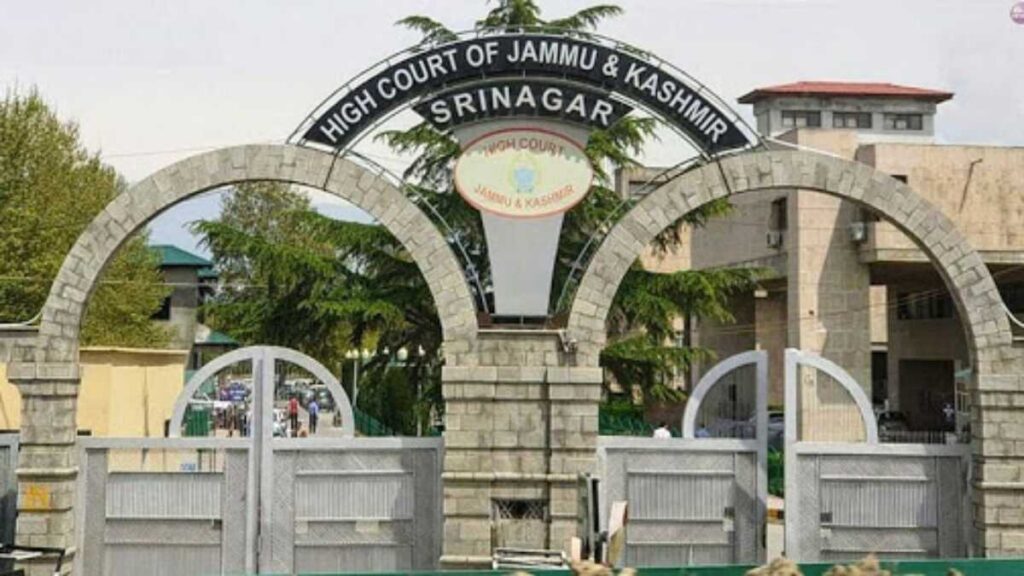
Allahabad High Court Upholds Acquittal in Rape Case, Emphasizes Mutual Burden of Proof
Last Updated on June 15, 2024 by News Desk
Issue:
The Allahabad High Court recently upheld the acquittal of a man accused of rape, highlighting the shared burden of proof in cases of sexual offences.
Rule:
The Division Bench, consisting of Justices Rahul Chaturvedi and Nand Prabha Shukla, underscored that while laws on sexual offences are designed to protect women, it does not automatically imply that the male partner is always at fault. The burden of proof lies with both the complainant and the accused.
Analysis:
The ruling arose from an appeal filed by the complainant against the acquittal of the accused in a rape case. The accused had also been charged under the Scheduled Caste and Scheduled Tribe (Prevention of Atrocities) Act, 1989. In 2019, the victim had lodged a police complaint, alleging that the accused established a sexual relationship with her under the false promise of marriage and later refused to marry her. She also claimed derogatory remarks were made about her caste by the accused.
However, the trial court had acquitted the accused of the rape charge, convicting him only under Section 323 of the Indian Penal Code (voluntarily causing hurt). Dissatisfied with this verdict, the victim filed an appeal. The accused contended that the relationship was consensual and that he had declined marriage upon discovering the complainant’s actual caste, contrary to what she had claimed.
Upon reviewing the evidence, the Court noted that the complainant had been previously married and had denied this fact during the trial. It was observed that she began living separately from her husband after two years of marriage. The complainant’s previous marriage and denial of her name in the family register were critical in assessing her credibility. The Court concluded that it was highly unlikely that the accused had trapped her under false pretenses. Furthermore, the inability of the complainant to substantiate her caste claim weakened the applicability of the SC/ST Act in this case.
Conclusion:
The Court determined that the trial court had rightly acquitted the accused, noting the consensual nature of the relationship and the complainant’s previous undisclosed marriage. The decision emphasized that in sexual offence cases, the burden of proof must be shared by both parties involved.
Written by — Athi Venkatesh




